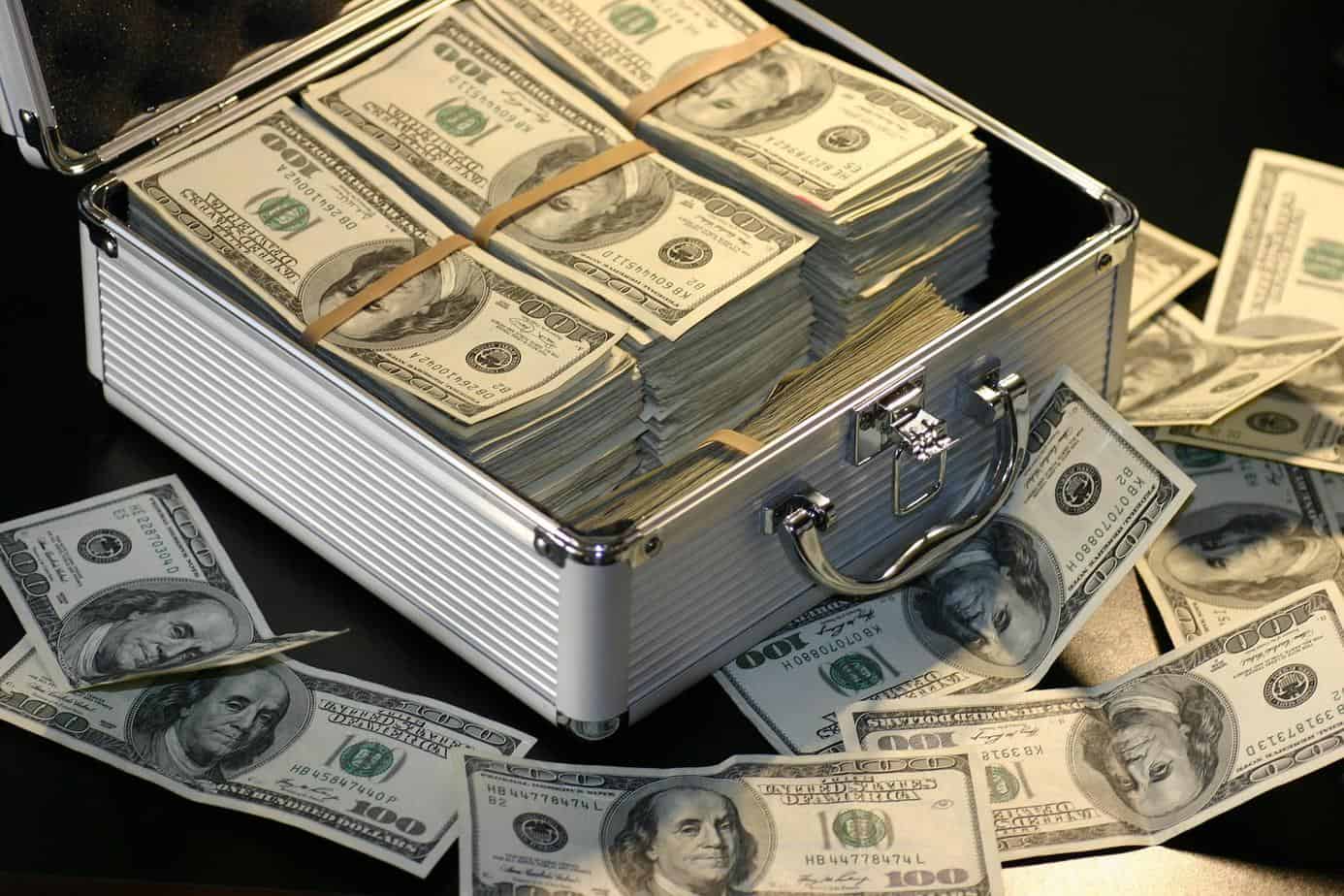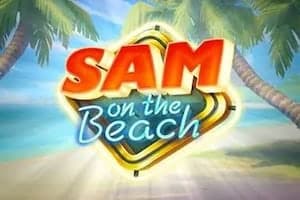
Which casinos pay the 5,3% gambling tax?
Since the introduction of the new German State Treaty on Gambling a lot has changed for German lovers of online gambling. In addition to a monthly deposit limit of 1.000 euros and a maximum bet of one euro per spin, you now also have to deal with a whopping 5,3% gambling tax, which drastically reduces the actual profit. What is striking, however, is that not all online casinos calculate the said tax. So you can just in one Game Room play that does not comply with the German requirements and thus avoid the gambling tax? Unfortunately, it's not that simple. But the following guide will bring some light into the darkness.
5,3% gambling tax only applies in German casinos - right?
When Germany introduced the new State Treaty on Gaming in the summer of 2021, various experts were already certain in advance that the politicians were not really concerned with putting players forward gambling addiction to protect. The main goal was probably to finally get a decent piece of the gambling pie in the future. Until now, slot fans have been able to happily spin their spins without the German state making any money from them in the form of taxes.
This has changed now. In addition to various unsightly specifications, such as a monthly deposit limit and the ban on table games and jackpots (for whatever reason), the new State Treaty on Gambling now also includes a new gambling tax. This is 5,3% and is calculated for every spin made. This means: If a player uses one euro, 5,3 cents go to the state. This is really not nice, which is why many players from Germany have already turned their backs on casinos with a German gaming license. Because: In casinos from Malta or Curaçao, not only the annoying restrictions of the German government are often waived, but also the 5,3% tax. So should you just play in casinos from Malta or Curacao from now on? Unfortunately, it's not that simple after all.
Gambling tax officially only in online gambling halls
The 5,3% gambling tax officially only applies to online gambling halls that have a German gambling license. So if you play in such a game library, you have to pay the tax. The tax cannot be avoided as it is deducted directly. So Germany is playing it safe here and is not relying on voluntary additional tax payments. In online casinos that have a license from Malta, Curaçao or Gibraltar and at the same time waive the German license, the tax does not have to be paid. At least according to the official statement.
The fact is: Here, too, German players are asked to pay. Many German players are now playing in casinos from Malta, which do without the deposit and betting limits already mentioned. Here too, however, it is quite possible that the 5,3% tax will apply. Although you wouldn't actually be obliged to do so. Why this is so is not clear to the player at first. However, it is obvious that the respective casino would like to save on its profit distributions through the tax collected, which is also quite understandable from the point of view of the operator. In any case, the German government sees nothing of the money squashed due to the lack of a German license. Accordingly, it ends up in other hands.
Unfortunately, as a German player, you can no longer see which casinos actually levy the 5,3% gambling tax. Apart from casinos with a German license, where this is definitely the case. The gambling market is therefore even more confusing than it was before the introduction of the German State Treaty on Gambling.
New gambling tax ensures lower RTP
Anyone who plays sports bets from time to time is certainly familiar with the 5% betting tax that is paid by most providers. So is the new gambling tax really that bad? In fact, this is calculated slightly differently for casino games than it is for sports betting. And that really upsets the stomach, especially for experienced slot fans. Because: In casinos where the gambling tax is deducted, the payout quotas of the individual players also fall automatically Slots significantly lower. For example, if you play a slot that has previously been used for a Payout Ratio (RTP) was known by around 96%, you have to focus on one from now on payout ratio of around 91%. If the rate were to remain at 96%, the bottom line would be that the affected casino would only record losses. And of course that is not the aim of the operators.
If, on the other hand, you play the same slot in an online casino that does not charge any gambling tax, you can still use the well-known 96% payout ratio be happy. Of course, that's not really fair, which is why you should look around carefully when looking for an online casino without gambling tax. As a rule, of course, the operators do not advertise on the home page with the tax collected, so as not to scare away customers. It is best to ask support before registering whether the tax will be deducted or not. Incidentally, you have good chances here in online casinos with an existing gambling license from Curaçao. The German guidelines don't seem to be taken too seriously here anyway. Because you won't find the monthly deposit limits or restrictions on use here either.
Good online casinos without gambling tax
The positive news first: There are still numerous strong online casinos in which the 5,3% gambling tax does not apply. A relatively famous casino where this applies is, for example, this Vegas volcano casino. A casino that also offers its customers a sizeable welcome bonus and a huge selection of games. The gambling tax is also waived in the BluVegas Casino, in the Yukon Gold Casino and in the Energy Casino. If you play here, you can not only expect a higher win, but also a much better one payout ratio be happy. This increases your chances of being the winner when you spin the reels many times over. Sounds great, doesn't it?
By the way, it is not illegal to play in an online casino without gambling tax as long as the casino is in possession of a valid license. It would only be illegal to play in an online casino that does not have a gambling license. But as a player you should avoid these providers, which are also known as the “black sheep”.
Picture: Pixabay





